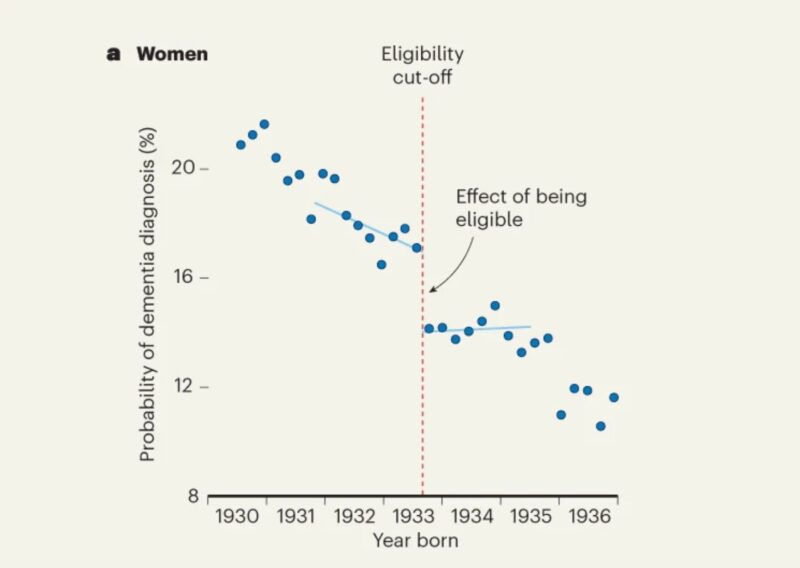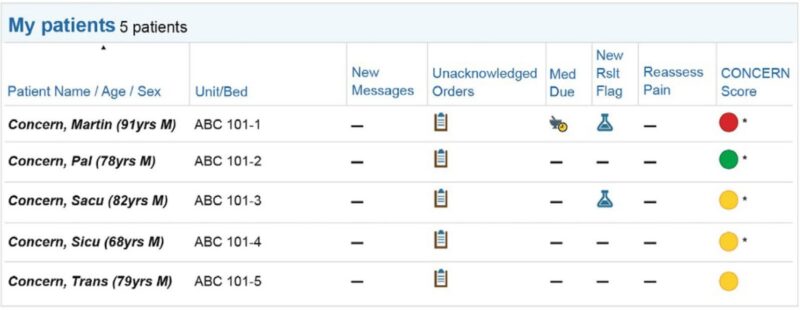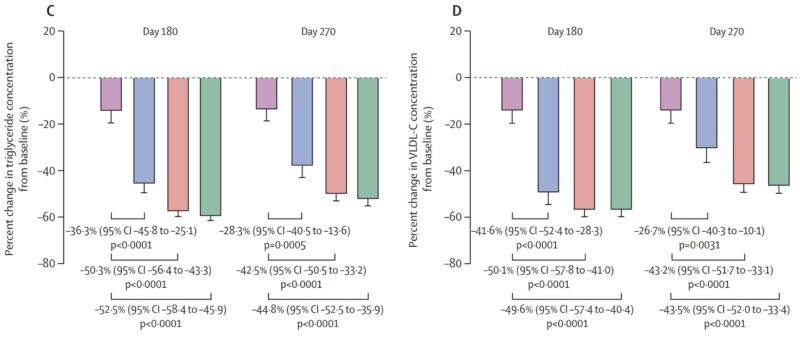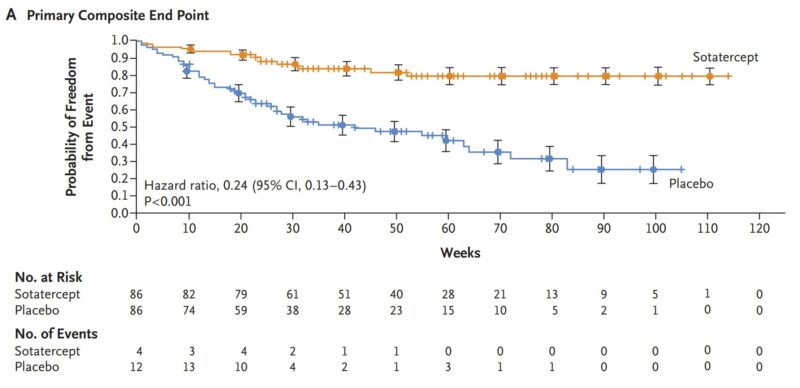Samuel Hume, Fellow at The Foulkes Foundation and pursuing PhD in the University of Oxford’s Department of Oncology, shared a post on X:
“Top 5 advances in medicine this week.
1. The shingles vaccine reduces dementia risk by 20%
People born either side of Sept 2 1933 (in Wales) are equivalent, with one difference: eligibility for the shingles vaccine. Those who were vaccinated (due to their eligibility) had a 20% lower risk of dementia.
This might be because shingles (or its treatment) increases dementia risk, or could be a shingles-independent benefit of the vaccine (or a bit of all three) – the effect is mainly in women, though why isn’t yet clear. These data do provide causal evidence, but a randomised trial is planned to confirm the findings.

2. An AI tool improves survival in hospitals
Most hospitals use an ‘early warning system’ to detect patient deterioration based on observations (like blood pressure). The issue is that these measures are often poorly recorded (like breathing rate) or they’re late signs (like low blood pressure). This is an AI tool built on nursing notes rather than patient observations: if a nurse sees a patient more often, or notices a subtle change in the patient’s appearance, the patient might be deteriorating
Tested in a huge cluster-randomised controlled trial vs. standard care, this improved survival in hospitals, and decreased the length of stay.

3. Genetic evidence leads to a new therapy
Mutations in the lipid regulator, ANGPTL3, cause low levels of lipids and low incidence of heart attacks/strokes – can we harness this with therapy? This is an siRNA that depletes ANGPTL3 mRNA and prevents production of the protein. Tested in a phase 2 trial, triglycerides, LDL, VLDL, and liver fat were all lowered – even in patients already treated with high dose statins.
How this affects the incidence of heart attack/stroke/liver disease isn’t yet known: a trial is underway.

4. Trial with a first-in-class drug stopped early due to efficacy
Pulmonary arterial hypertension involves remodelling of the vessels in the lungs – causes include the autoimmune condition, scleroderma. Sotatercept is the first inhibitor of activin signalling, which aims to reverse the vessel remodelling. In this phase 3 trial, Sotatercept dramatically reduced the composite of death, lung transplant, or hospitalisation (vs. placebo, in patients already receiving maximal therapy) – the main adverse event was bleeding (nosebleeds)
This drug is already FDA-approved for less severe disease, but this could extend the indication to more severe disease.

5. Restoring speech with a device that reads brain activity
The device is implanted into a speech centre in the brain, reads neural activity and decodes it continuously (using AI) to produce speech. The patient here had suffered a brainstem stroke, but this could also benefit people with other conditions (like motor neuron disease). Speech was produced in real time, and moving forward could restore the ability for fluent conversation.
More posts featuring Samuel Hume.


